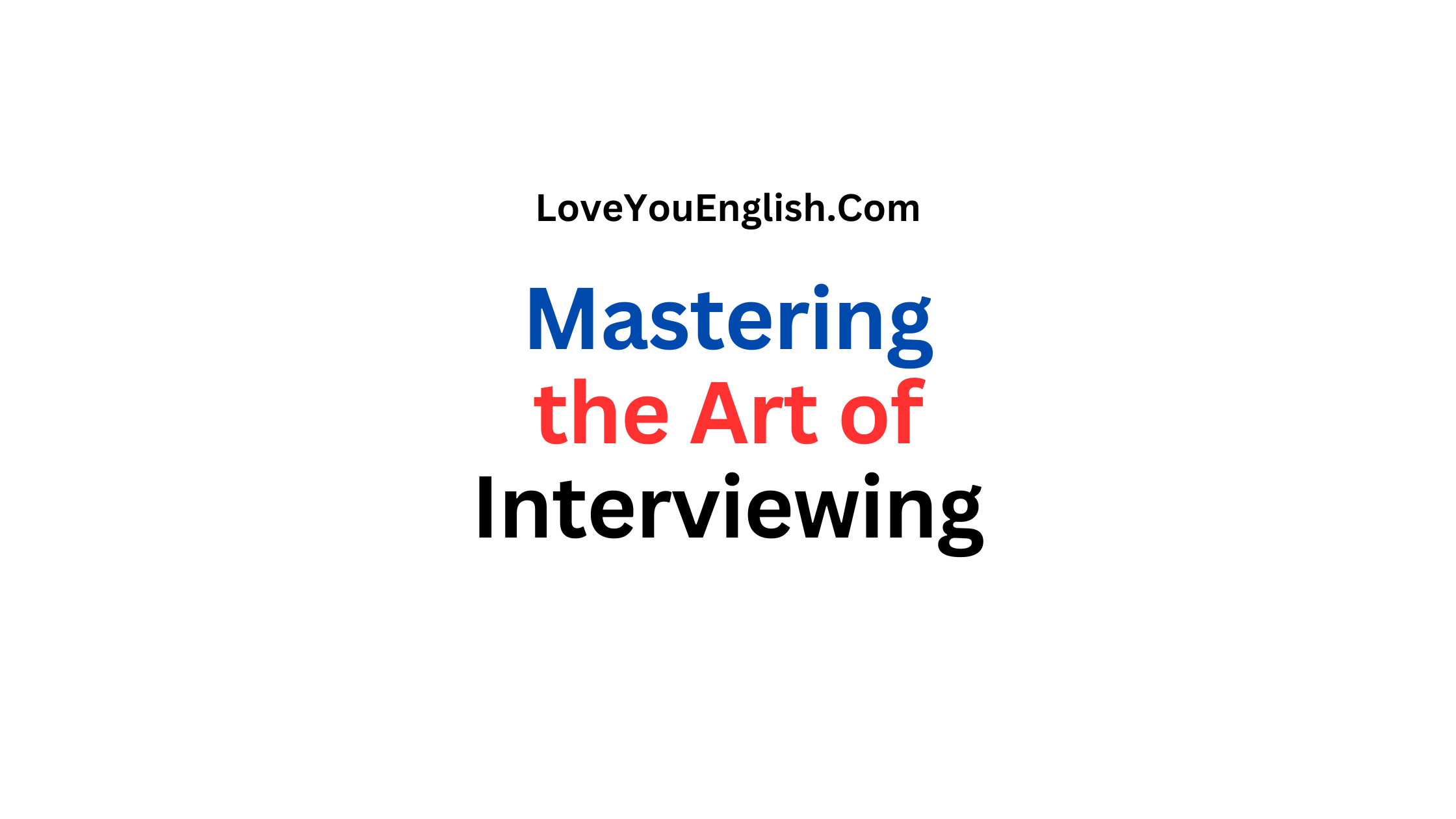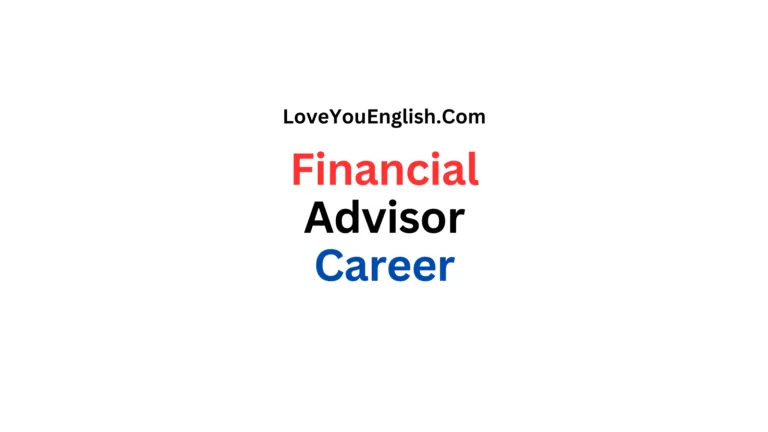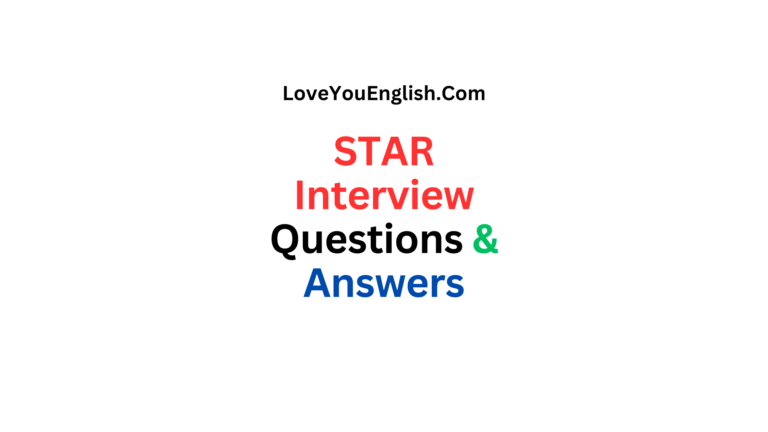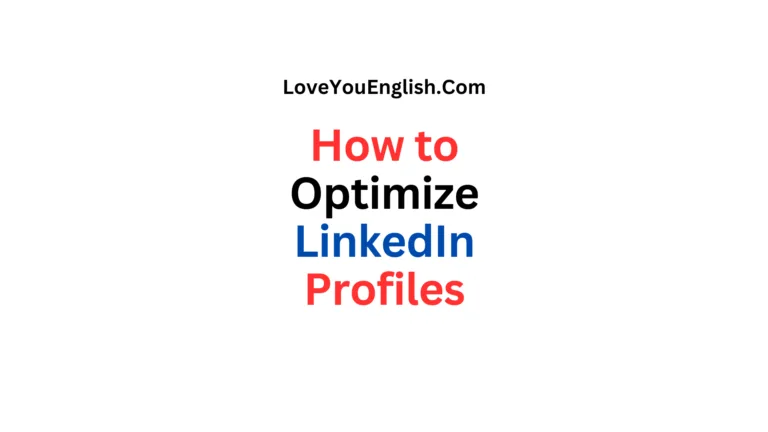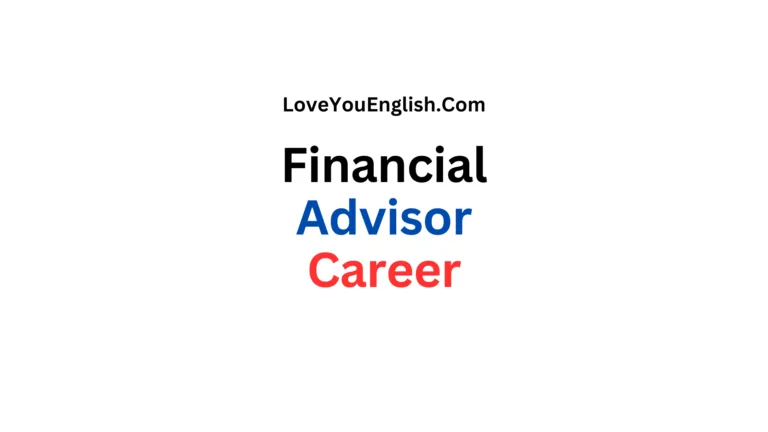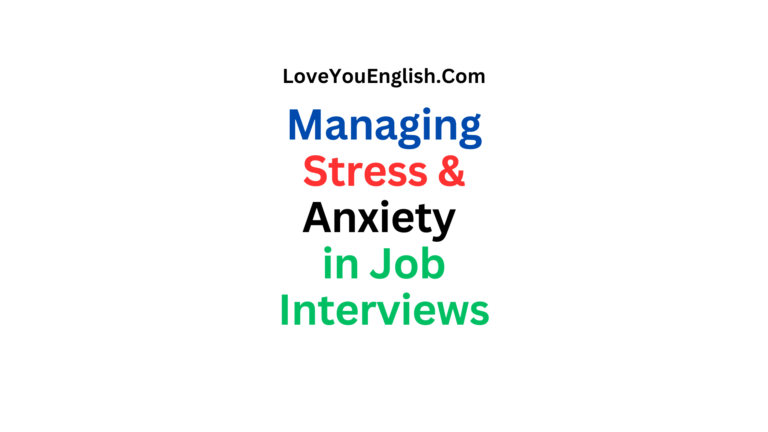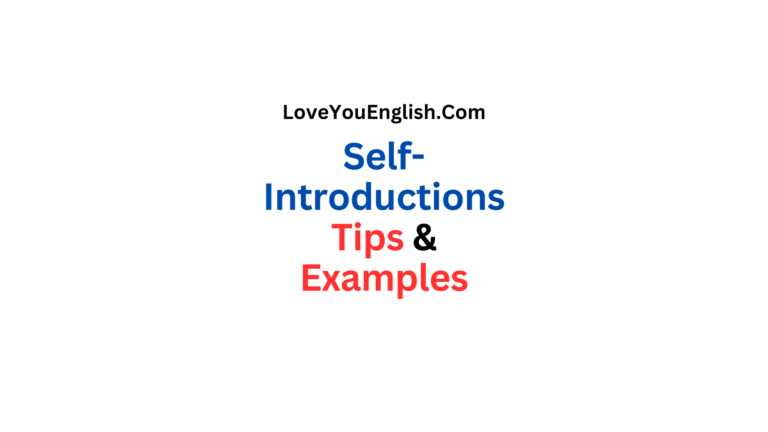How to Ace an Interview: 15 Tips from a Career Coach
Job interviews can make you feel really nervous, even if you’ve been working for a long time.
It doesn’t matter if you just graduated or want to switch careers, knowing how to do well in interviews is super important for getting the job you want.
I’ve been helping people find jobs for more than 10 years, and I’ve put together 15 great tips to help you do awesome in your next interview.
These tips will help you feel surer of yourself, show off your talents, and make it more likely for you to get that job you really want.
Research, Research, Research
Doing thorough research is super important!
Before you go into an interview, make sure you really know about the company, what it’s like to work there, any recent news, and what’s happening in the industry.
This info will help you answer questions better and show that you really care about the job.
Start by checking out the company’s website. Look for their mission statement, values, and any news they’ve shared recently.
Follow them on social media to get a feel for their style and what they’re currently working on.
You can also check out sites like Glassdoor to see what current and past employees have to say.
Don’t forget to look into the specific job you’re applying for and how it fits into the company.
Knowing what the job requires will help you give better answers and show off your relevant experiences.
Practice Common Interview Questions
While you can’t predict every question you’ll be asked, certain interview questions are nearly universal.
Spend time practicing your responses to these common questions:
Tell me about yourself.
Why are you interested in this position?
What are your greatest strengths and weaknesses?
Where do you see yourself in five years?
Craft concise, impactful answers that highlight your skills and experiences. Use the STAR method (Situation, Task, Action, Result) to structure your responses to behavioral questions.
This approach helps you provide specific examples that demonstrate your capabilities.
Remember, practice doesn’t mean memorizing scripted answers. Instead, focus on key points you want to convey and practice articulating them naturally.
This will help you sound more genuine and confident during the actual interview.
Prepare Thoughtful Questions for the Interviewer
An interview is like a conversation between two people.
When you ask good questions, it shows that you really care about the job and helps you figure out if it’s the right one for you.
Make sure to come up with 3 to 5 questions that show you’re interested in both the company and the job itself.
Some examples include:
What does success look like in this position after the first 90 days?
Can you tell me more about the team I’d be working with?
What are the biggest challenges facing the department/company right now?
How would you describe the company culture?
What opportunities for professional development does the company offer?
Avoid asking questions about salary or benefits at this stage unless the interviewer brings up the topic first.
Dress for Success
The way you look really counts, and it can affect how people see you.
Check out what the company expects in terms of dress code and try to dress a bit nicer than that.
If you’re unsure, it’s usually safer to be a little too dressed up than not dressed enough.
Pick clothes that make you feel good and at ease. Make sure your outfit is neat, ironed, and fits you well.
Don’t forget the little things, like clean shoes and simple jewelry.
You want to appear professional and well-organized so that people focus on your skills and character instead of your outfit.
Arrive Early (But Not Too Early)
Being on time is really important for creating a good first impression.
Try to get to the interview place about 10-15 minutes early.
This extra time helps you deal with any surprises that might slow you down and gives you a chance to relax a bit before the interview starts.
If you find yourself there more than 15 minutes early, it’s a good idea to hang out in your car or at a nearby coffee shop until it’s almost time for your interview.
Showing up too early can make things a bit uncomfortable for the interviewer and might throw off their schedule.
Before the interview, use that time to go over your notes, take some deep breaths, and get yourself ready for the chat that’s coming up.
Master Your Body Language
Non-verbal communication is super important during an interview, just like the words you say.
It’s essential to be aware of your body language to show that you are confident and interested:
Sit up straight: Good posture is key, so keep your back straight and shoulders back.
Make eye contact: Look at the interviewer while talking and listening, but don’t stare them down.
Give a strong handshake: Practice a handshake that feels confident—not too weak and not too strong.
Smile genuinely: A real smile can make the atmosphere friendly and shows that you’re excited.
Avoid fidgeting: Try not to play with your hair, tap your feet, or do anything that shows you’re nervous.
Use open body language: Keep your arms relaxed and lean a bit forward to show you’re engaged.
Remember, showing confident body language not only affects how others see you but can also make you feel more confident yourself.
Listen Actively and Engage in the Conversation
Good communication is like a two-way road.
It’s not just about saying what you think clearly; it’s also super important to listen carefully.
Make sure to really focus on what the interviewer is asking and saying.
This way, you can give answers that are more meaningful and on point.
Show that you’re engaged in the conversation by:
Nodding occasionally to indicate understanding
Using verbal cues like “I see” or “That’s interesting”
Asking for clarification if you don’t fully understand a question
Referencing earlier parts of the conversation in your responses
Remember, an interview is not just about showcasing your skills; it’s also about building rapport and demonstrating your ability to communicate effectively in a professional setting.
Use Concrete Examples and Quantify Achievements
When you talk about your skills and experiences, make sure to give specific examples that show what you can do.
For example, instead of just saying you’re a “good problem-solver,” share a story about a time you fixed a tricky issue at work. It’s also a good idea to use numbers whenever you can.
Stats and figures make your achievements seem more real and help the interviewer see how significant your successes are.
For instance: Instead of saying, “I increased sales in my area,” you could say, “I created a new customer outreach plan that boosted sales in my region by 25% in six months.”
These detailed examples and measurable results make your experiences more impressive and easier to remember.
Align Your Skills with the Job Requirements
Throughout the interview, focus on highlighting the skills and experiences that are most relevant to the position you’re applying for.
Review the job description beforehand and identify key requirements and qualifications.
Then, prepare examples from your background that demonstrate how you meet or exceed these criteria.
When answering questions, try to draw connections between your past experiences and the responsibilities of the new role.
This shows the interviewer that you understand the position and have the necessary skills to excel in it.
Address Potential Red Flags Proactively
If you have any possible issues in your application, like gaps in your work history, changing jobs a lot, or not having certain experience, be ready to talk about them.
Make sure you have honest and positive reasons that show these situations in a good way.
For example, if you have a gap in your employment history, you might say:
“During that time, I took a sabbatical to care for a family member. While it was challenging, it taught me valuable skills in time management and prioritization that I believe will be beneficial in this role.”
By addressing these concerns upfront, you demonstrate self-awareness and give the interviewer context that might otherwise be missing.
Show Enthusiasm and Cultural Fit
Employers are looking for people who not only have the right skills but are also really excited about the job and would blend in well with the team.
During the interview, it’s important to show your real excitement for the position and the company.
Talk about what makes you passionate about the industry or the company’s goals.
Explain how this job connects with your career dreams and what you believe in.
If it makes sense, bring up parts of the company culture that you find interesting based on what you’ve learned.
Keep in mind that finding the right fit goes both ways.
While you want to show that you would be a great addition to the company, you should also use the interview to see if the company is a good match for you.
Handle Difficult Questions with Grace
Most interviews have at least one tough question.
It could be about something you struggle with, a mistake you’ve made, or a made-up scenario to see how you solve problems.
The trick to dealing with these questions is to stay calm and collected.
When asked about your weaknesses or past failures, be truthful but smart. Pick an example that shows how you’ve learned and improved.
Briefly explain what happened, highlight what you learned, and talk about how you’ve changed because of it.
For questions about solving problems, share your thoughts as you go. Employers usually care more about how you think than just the final answer.
Break the problem down, think of different ways to tackle it, and explain your thought process as you find a solution.
Take a Moment When You Need It
It’s totally fine to take a short break before you answer a question, especially if it’s tricky or surprising.
Taking a few seconds to think can help you give a clearer and more relevant answer.
If you need a little more time, you could say something like, “That’s a really interesting question.
Give me a moment to think.” This is way better than jumping into an answer without really thinking it through.
If someone asks you something you really don’t know, it’s okay to admit it instead of pretending.
You could say, “I don’t have much experience with that, but here’s how I would start to learn about it…”
Follow Up Effectively
The interview doesn’t end when you leave the room. Send a thank-you email within 24 hours of your interview.
This email should:
Express gratitude for the interviewer’s time
Reiterate your interest in the position
Briefly remind them of why you’re a great fit for the role
Reference specific points from your conversation to personalize the message
For example:
“Dear [Interviewer’s Name],
Thank you for taking the time to meet with me yesterday regarding the [Position] role at [Company]. I enjoyed our conversation about [specific topic discussed] and am even more excited about the opportunity to join your team.
Our discussion reinforced my enthusiasm for the position and my confidence that my skills in [relevant skill] and experience with [relevant experience] would allow me to make significant contributions to your team.
I look forward to hearing about the next steps in the process. Please don’t hesitate to contact me if you need any additional information.
Thank you again for your time and consideration.
Best regards, [Your Name]”
This follow-up demonstrates your professionalism, attention to detail, and continued interest in the position.
Reflect and Improve
After each interview, take some time to reflect on the experience. Consider what went well and areas where you could improve.
This self-assessment will help you refine your interview skills over time.
Which questions did I handle well? Which ones could I have answered better?
Did I effectively communicate my key strengths and experiences?
Was there any information about the company or role that I wish I had known?
How was my overall demeanor and body language?
Use these insights to prepare more effectively for future interviews. Each interview is an opportunity to learn and grow, regardless of the outcome.
Conclusion
Becoming a pro at interviews takes practice, but with these 15 tips, you’ll be ready to impress at your next job interview.
Remember, being prepared, communicating honestly, and staying positive are the keys to success.
As you use these tips, remember that interviewing gets better with practice. Don’t get down if you don’t get the job right away.
Each interview is a chance to improve and get closer to your dream job.
Lastly, while it’s important to show your best self, don’t forget to be real.
The best job matches happen when both the candidate and the employer understand each other.
By being ready, confident, and true to yourself, you’ll have a better chance of acing the interview and finding a job where you can really shine.
Good luck with your next interview!
Explore cool topics:
- 6 Ways to Keep a Conversation Going
- Working Cultures in the USA, United Kingdom, and Australia
- What to Wear to an Interview: Nailing the Dress Code
- How to Start Networking as a Freelance Writer

